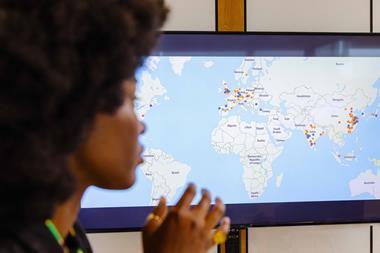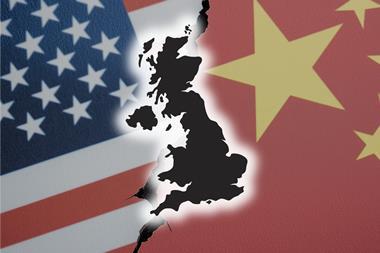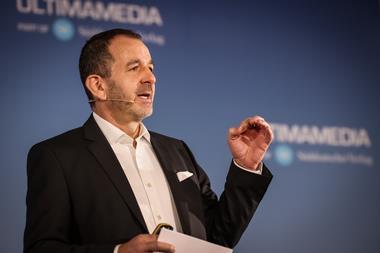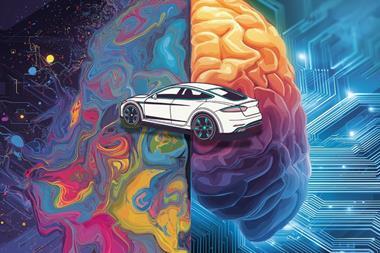Germany - Volkswagen's Wolfsburg plant has started making the SUV, which is based on the MQB platform. This marks the first time in 20 years that the facility will make a model without the VW badge, the last of which was the SEAT Arosa in 1998.
"The car was completely designed and developed in Spain by SEAT. Together with a really enthusiastic team at the Wolfsburg factory the vehicle was then prepared for series production, and this in a very short time. That strengthens the already close ties between SEAT and Volkswagen even more," commented Matthias Rabe, SEAT's executive vice president for R&D.
The news reflects a strategy within the VW Group, in which the company hopes to increase production efficiency. Andreas Tostmann, VW member of the board for production and logistics, explained: "A competent, globally leading production network across the Group is one of the biggest levers for efficiency enhancement. The SEAT Tarraco is an example of the way more plants within the Group-wide production network will produce vehicles for several Group brands at the same time in the future."
Production of the Tarraco at Wolfsburg marks the fifth time that a model under a different brand has been made at the facility. As well as the Arosa, the plant has previously been used to make the Audi 50 from 1974 to 1978, the Audi 80 from 1994 to 1998 and the Audi 100 from 1993 to 1997. The Audi 50 was almost identical to the Polo, which was assembled in Wolfsburg from 1975 and is now produced at the company's Pamplona plant in Spain.
Both VW and SEAT have recently announced increases to plant capacities in order to keep up with rising demands. The former said that it would boost output at Wolfsburg by 185,000 units, allowing it to produce one million cars a year, while SEAT has already boosted output at its factory in Martorell, Spain, by over 12%.




































